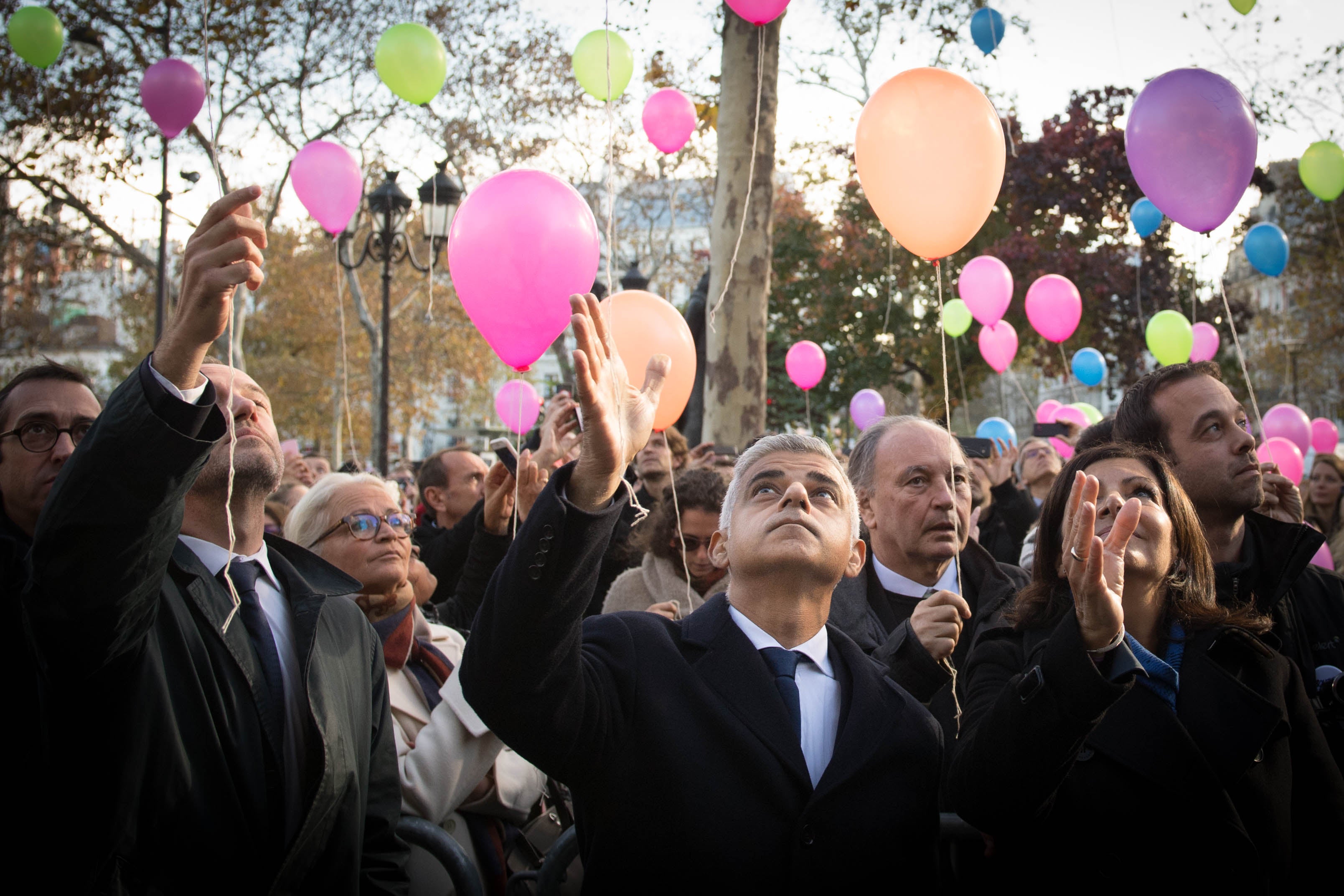
A medic who treated casualties at the Bataclan attack in Paris in 2015 has told the Manchester Arena inquiry it is “vital” to send trained doctors to the scenes of terrorist incidents.
Dr Matthieu Langlois, who was a physician with the French counter-terrorism policing unit RAID, gave evidence on Monday to the inquiry into the bombing in Manchester, which killed 22 people.
He was sent to the Bataclan Theatre after three men opened fire on the crowd in November 2015, killing 130 people.
The inquiry heard that Dr Langlois triaged casualties in the theatre’s orchestra pit, which was classed as a “hot zone” because of the ongoing threat from the terrorists, two of whom remained in the building with hostages on the first floor.
You need to have very quick and extremely experienced eyes to see all the casualties
He said: “The objective was to clear, as quickly as possible, the ‘hot zone’ and we did that because all of level zero of the Bataclan was cleared in 35 to 40 minutes, and it was done more than 30 minutes before the neutralisation of the threat.”
The inquiry into the bombing at Manchester Arena on May 22 2017 has heard that many casualties waited more than an hour for treatment amid confusion over whether further attacks were under way.
Three paramedics went into the City Room foyer, where the suicide bomber, Salman Abedi struck, as members of the public and unarmed police officers were forced to move casualties on makeshift stretchers.
Dr Langlois said it was “vital” to have a trained doctor in the “hot zone”.
He said: “One thing I am quite sure of is it is not a job for a junior physician or for paramedics. You need to have very quick and extremely experienced eyes to see all the casualties.”

The inquiry chairman, Sir John Saunders, asked Dr Langlois if there was a risk in doing rapid triage that someone may wrongly be believed to be dead.
He replied: “That’s why you need to be experienced.”
He said tactical doctors, who would be sent to the scene of attacks, should have specific training, repeated at very frequent intervals.
While triaging patients at the Bataclan, Dr Langlois also carried out some basic lifesaving techniques, including applying tourniquets and compressing wounds, the inquiry heard.
But he said the priority was to get casualties out of the area quickly.
He added: “We know the most important thing is the delay between the point of injury and arrival at a trauma centre.”
The inquiry heard that since the Bataclan attack he had identified learning points including the need for emergency services to co-ordinate with each other.
He said: “We need a real operational collaboration between all these teams.”
The inquiry continues.







